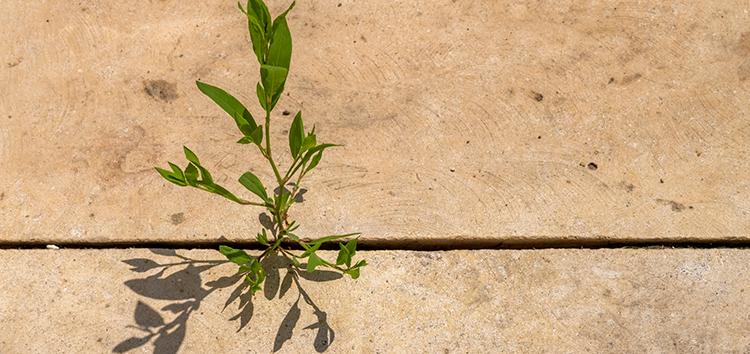Multilateral development banks (MDBs), which together provided record levels of climate finance in 2021 to support the green economic transition, have issued a robust statement [LINK] at the COP27 global climate summit in Sharm el-Sheikh.
Despite today’s challenging environment, the MBs set out their commitment to expand their support to countries seeking a low-carbon, climate-resilient transition, and to address the challenges of sustainable development, climate change and nature loss in an integrated way.
“Across continents, climate change is having increasingly severe environmental, social and economic impacts, posing a significant and urgent challenge to development and the achievement of the SDGs [United Nations Sustainable Development Goals by 2030]. The current global context of multiple shocks, elevated risks, and stretched public resources are exacerbating the challenge, particularly for developing countries,” the MDB statement said.
Addressing true momentum on climate action, the statement went on, requires all – countries, multilateral development banks (MDBs) and partners across society - to work together on impactful programmes and projects, adequate public policies and significantly increasing funding from multiple sources,:
“Recognising the interconnected challenges of sustainable development, climate change and nature loss, MDBs have committed to address these challenges in an integrated manner, maximising co-benefits while minimising trade-offs, notably by continuing to address the direct and indirect drivers of nature and biodiversity loss.”
MDBs committed to expand support for countries integrating climate and development as they analyse and plan mitigation and adaptation actions, from Nationally Determined Contributions to sectoral and sub-sectoral transition pathways; formulate policies to spur systemic change; define investment plans, and mobilise financing sources.
The MDBs, which are working with an increasing number of countries, regions and cities to develop programmes addressing climate mitigation, climate adaptation and “nature-positive” needs, will prioritise:
- Implementing Paris Alignment approaches
- Mainstreaming Just Transition efforts to ensure the green transition gives opportunity to all
- Boosting adaptation finance, especially to low income countries, small island developing stats, and disadvantaged populations
- Supporting efforts on nature, developing on 2021’s Joint Statement on Nature, People and Planet
- Increasing concessional finance
- Scaling up private sector mobilisation
- Voluntary cooperative approaches, through which MDBs support the development of instruments for, say, the monetisation of adaptation benefits or verified emissions reductions.
The MDBs, major providers of and conduits for climate finance globally, last year reached levels of climate finance they had anticipated reaching only by 2025, their Joint MDB Climate Finance Report 2021 showed.
US$ 51 billion went to low- and middle-income countries, of which US$ 33 billion (65 per cent) was for mitigation and US$ 18 billion (35 per cent) for adaptation; US$ 31 billion went to high-income countries, of which 95 per cent was for mitigation and 5 per cent for adaptation. A further US$ 41 billion of private finance was mobilised in parallel. The MDBs have also worked collaboratively on a range of topics, such as Paris Alignment approaches and recent updates of mitigation and adaptation finance tracking methodologies.
MDBs cooperating on the annual Joint MDB Climate Finance Report include the African Development Bank, Asian Development Bank, Asian Infrastructure Investment Bank, Council of Europe Development Bank, European Bank for Reconstruction and Development, European Investment Bank, Inter-American Development Bank Group, Islamic Development Bank, New Development Bank, World Bank Group.




